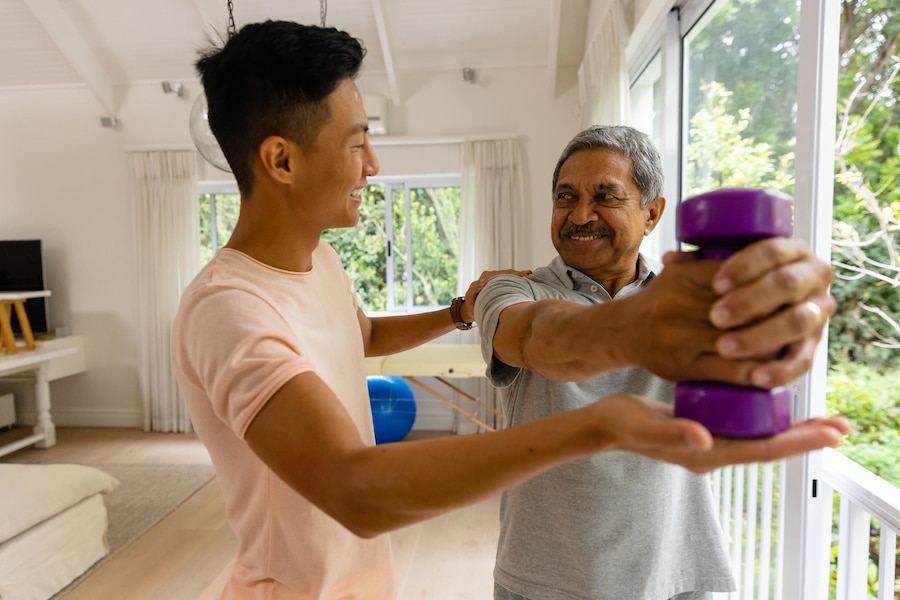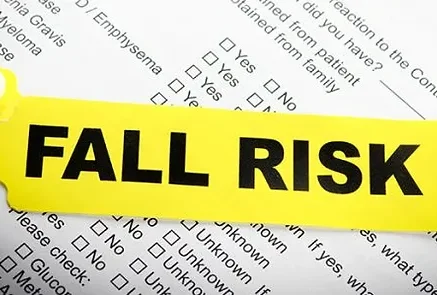“Mr. Govindan was taking care of his sick wife for the past 5 years. She was bedridden with kidney disease and treatment was expensive. Mr. Govindan was breaking all his retirement funds for her medical expenses. His two sons were working in the US and were occasional visitors. Mr. Govindan too didn’t want to trouble his sons who were recently married and were busy settling in. His wife passed away leaving him all alone. Emotionally he was drained; and financially too. His sons came for the funeral and left immediately. When Mr. Govindan hinted about his financial difficulties and problems, they ignored him. With only a little money left in his bank, Mr. Govindan was struggling to live. He had sold his house many years back to send his sons to college and then to the US for studies. He couldn’t afford to live in the rented house. Emotionally he was undergoing depression following his wife’s death and was sad about the callous nature of his sons. He too had medical issues which needed regular checkups. He was not able to meet his medical expenditure and his health was deteriorating. He is now forced to move to an old age home where he knows his life will be still miserable.” Stories like this are not unusual. Unfortunately, these stories are often not told, and even if it is told, it’s often not heard.
World Elder Abuse Awareness Day
June 15th is marked by the World Health Organization (W.H.O) as World Elder Abuse Awareness Day. While abuse in any other form catches news headlines easily, the topic of elder abuse is often not heard of. With a number of older persons expected to increase substantially between 2015 and 2030, the taboo topic of elder abuse is now gaining more attention, and governments all over the world are recognizing the urgent need to solve this social problem. In spite of strong public policies on elder abuse in our country too, it remains one of the least addressed and investigated forms of abuse.
What is Elder Abuse?
The W.H.O. defines elder abuse as “a single, or repeated act, or lack of appropriate action, occurring within any relationship where there is an expectation of trust which causes harm or distress to an older person”. Elder abuse happens not only when intentional harm is done but also when caregivers don’t take action to provide comfort and care. It can also be the result of intentional or unintentional neglect. Elder abuse can take various forms such as physical, psychological or emotional, sexual, and financial abuse.
How Bad is it?
According to available evidence from developed countries, 5 to 10 percent of older people globally may experience some kind of elder abuse. A study done by HelpAge India in 2014 found that 50 percent of the surveyed older adults reported abuse, of which 77 percent lived with their families. However, such abuse often goes unreported, partly due to shame and embarrassment on the part of the elder or their inability to report it because of cognitive and other impairments. Bedridden elders and elders with dementia are often the victims of physical and verbal abuse. The usual perpetrators are adult children with whom elders stay. Verbal and physical abuse are also common in nursing homes and old age homes. Bedridden elders are also targets of physical abuse by maids and medical attenders, both at hospitals and at home. Financial abuse is common, especially in lower socio-economic groups, whereas emotional and physical abuse is common in all socio-economic groups. Awareness about laws safeguarding them from abuse is extremely low among elders in India. According to a study by HelpAge India in 2014, only 14 percent of abuse victims even know that laws do exist.
Impact of Abuse on Elders
Studies have shown that elders who experienced abuse, even in modest forms, have a 300 percent higher risk of death compared to those who had not been abused. They are more susceptible to new illnesses, have poor quality of life, and are at increased risk of premature death. Verbal abuse from children leads to a greater decline in mental health than physical abuse alone. Depression and dementia are more common in elders who are abused. Financial abuse leads to poor quality of life, including poor health care and living environment. Elder abuse also leads to social isolation. Suicide rates among elders who are abused are also on the rise. Victims of elder abuse are three times more likely to get admitted to a hospital.
Awareness
The government has enacted the Maintenance and Welfare of Parents and Senior Citizens Act, 2007. The Act establishes the maintenance tribunal to provide speedy and effective relief to elderly persons. Section 19 of this act also mandates the establishment of an old age home in every district and provides for the protection of life and property of the elderly.
According to this Act, Maintenance is defined as including “provision for food, clothing, residence and medical attendance and treatment”. Adult children and adult grandchildren, both male and female, are responsible for paying maintenance to parents and grandparents. Elders who don’t have children or grandchildren can claim maintenance from a relative who either possesses their property or who will inherit the property of the elder after their death. If the person cannot file the maintenance application on their own, then any other person or organization authorized by them can file the application. Additionally, the Maintenance Tribunal has the power to take action on its own without request by the parties. Elders can also file an application before the maintenance Tribunal to declare the transfer of property void, provided certain conditions are met.
While laws and rules do help in preventing or reducing elder abuse, what is more important is awareness of elder abuse, especially among the elderly community itself. Elders need to be sensitized about this issue and encouraged to report such abuse. Empowering the elders to champion the cause of elder abuse is key to implementing the Act. Friends, family members, neighbors, and the immediate community should be able to identify elder abuse and report it. Hospitals and healthcare professionals should be able to report promptly cases of physical abuse and neglect. Preventing elder abuse calls for collective action from all.
About Dr. Rahul Padmanabhan
Dr. Rahul Padmanabhan is a consultant in Geriatrics and Gerontology with a decade of experience in elder care. He specializes in home and community-based geriatrics and is currently the medical director of Dr. Rahul’s Elder Care, Coimbatore.
Dr. Rahul’s Elder Care is a top geriatric care service provider in Coimbatore.



